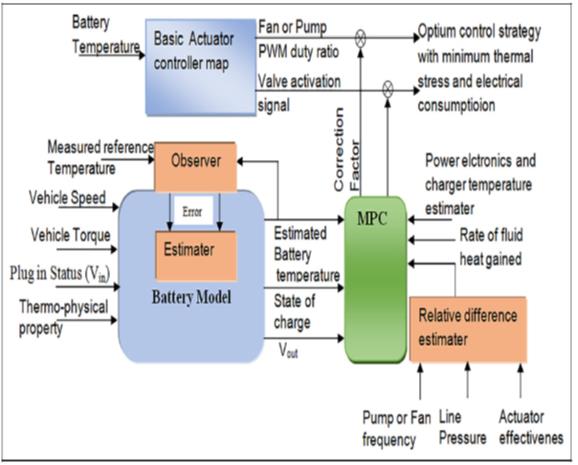PI Name & Affiliation:
Dr. B. Ashok,
Associate Professor
School of Mechanical Engineering (SMEC)
Vellore Institute of Technology, India
Co-PI Name & Affiliation:
Dr. Byron Mason,
Aeronautical and Automotive Engineering,
Loughborough University, UK
Funding Agency: Royal Academy of Engineering, UK
Scheme: Distinguished International Associates
Overlay: Rs. 30,00,000
Duration of the Project: 2 Years

Dr. B. Ashok

Dr. Byron Mason

Project Description
The proposed work focus on developing an adaptive thermal management system along with additively manufactured lightweight chassis structure from waste materials for electric scooter application to improve the safety and potential operating range of the vehicle through the lightweight structure. Through this adaptive battery thermal management system (BTMS), the potential dangers such as battery degradation and the thermal run-way can be overcome. Under extreme operating conditions, due to poor thermal management, the temperature inside the battery casing goes up and the probability of battery explosion is quite high. This potential threat will be addressed in this project by placing the batteries at a suitable location with a unique design of a battery casing that controls and directs the air quantity so that localized hot temperature regions are minimized. In addition, this proposed work is extended towards the novel lightweight polymeric materials made from waste that will be utilized for the development of the chassis and body structure of the electric scooters. This not only helps in achieving a sustainable society and but also helps in increased range of the vehicle operation. It is anticipated that vibration and harshness characteristics will be positively influenced by the adoption of these new materials. The improved battery safety and reduced weight of the E-scooter chassis will increase the affordability of the vehicles to the middle class and low-income families. The proposed objective requires interdisciplinary and well-established research is needed. Hence, the proposed network activities bridge the technical requirement for a project between the Indian and UK partners for the effective implementation of smart mobility aspects for the steadily growing transport sector and the consequent reduction in expenditure of petroleum products.